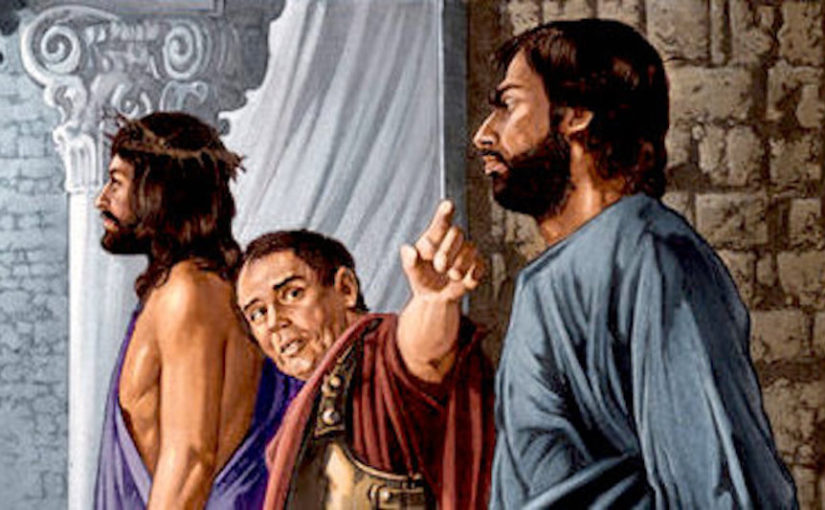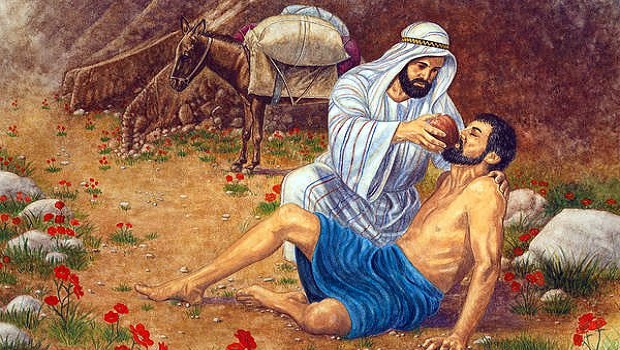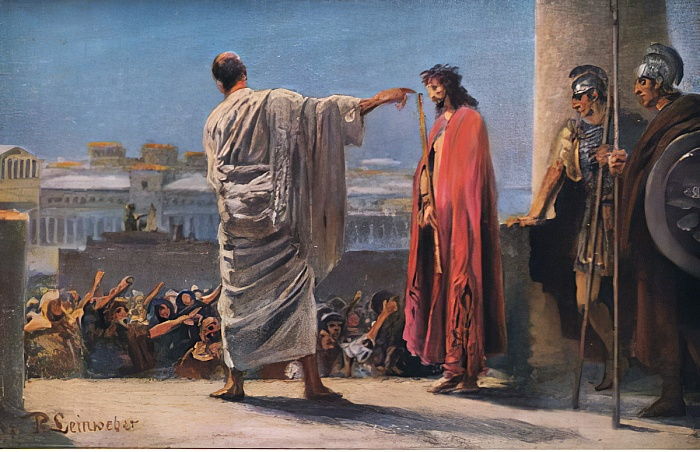Today’s reading is from the 8th chapter of Acts.
Acts is a fascinating account, written by Luke, of the spread of Christianity following the resurrection of Christ.
The chapter opens with a divisive character named Saul of Tarsus, a Jewish leader, who eagerly persecuted, jailed, and condemned Christians, and abhorred the spread of Christianity. Saul was a supporter of the stoning and death of the disciple Stephen, described in chapter 7. He was described in Acts 8:3 as a man who “made havoc of the church, entering every house, and dragging off men and women, committing them to prison.”
For those that are familiar with Saul, we learn in chapter 9 that Saul converted to Christianity after Christ appeared to him. Saul would later be called Paul and would arguably become on of the most vital Christians in history, next to Jesus himself, to spread the Word and Gospel.
Perhaps like you, I read the Bible searching for application to my life. Life provides twists, turns, and challenges, and the search for peace and understanding are a constant.
I can see Paul’s life reflected in our present day. Many times, we are in seasons of life where we are not good. In fact, we might be terrible. Perhaps we are working through addiction, this could be to a substance or pornography. Sometimes we are surrounded by friends that encourage us to participate in the wrong things. Maybe we are in a bad relationship and our response is to be angry and nasty to other people. Or perhaps we live our lives in regret and angst due to previous trauma, abuse, or disappointment that our lives have not turned out the way we want. During these times, we don’t feel worthy of God’s grace and certainly cannot fathom there is a God that loves us.
The transformation and redemption of Paul is no different than the opportunity we have for our own lives. Paul, formerly Saul, was a bad person. He committed what may seem to be unforgivable sins. He hated Christians. He jailed them and ultimately supported their execution. How could God forgive someone who was so bad?
Jesus was the first person in the world to preach, model, and spread forgiveness. He brought to us the translation of who God our Father is, and what He wants from us. Christ spoke about the love, forgiveness, and the relationship our God wants with us. And to top it off, Jesus came to earth and converted prostitutes, tax collectors, adulterers, and murderers to spread the Gospel. Did you catch that? Jesus chose the “worst kind of people” to demonstrate the love and forgiveness of following Him.
The blessing of the Bible is Jesus provided us a roadmap to live healthier and happier lives. We can be assured that no matter how bad the sins are that we have committed, our God will forgive us. All we must do is ask. The lessons and teachings of Christ can be applied to our daily lives. Stories of courage, acts of faith, redemption, and resilience can be applied to each day we live on earth. There will be trials and bad days. We see horrible, sinful acts committed each day. God has never committed to us that bad stuff, which ultimately is sin, will not occur. What the Gospel tells us is that no matter how awful the struggle, Christ is always with us and wants what’s best for us. If we turn to the Gospel, we can live our lives with purpose knowing that the challenges and struggles can be overcome.
I am guilty of trying to make God fit into what I want him to be, based on what works best for my life, how I feel, and what I want, versus what Jesus and scripture teach us.
1 Corinthians 10:13 “No temptation has overtaken you except what is common to mankind. And God is faithful; He will not let you be tempted beyond what you can bear. But when you are tempted, He will provide a way out so that you can endure it.”
Perhaps you are searching for a church community to learn more about the Gospel and find meaning in your life. Here are great church communities to listen to live, watch recorded messages, or discover Bible study resources.
- Cornerstone Chapel – cornerstonechapel.net
- Eastview Christian Church – eastview.church
- Northpoint Community Church – northpoint.org
I believe the only way to grow in our faith and gain understanding is to study and pursue God’s Word. The more we read, the more we study, the more meaning and understanding we gain and can apply.






